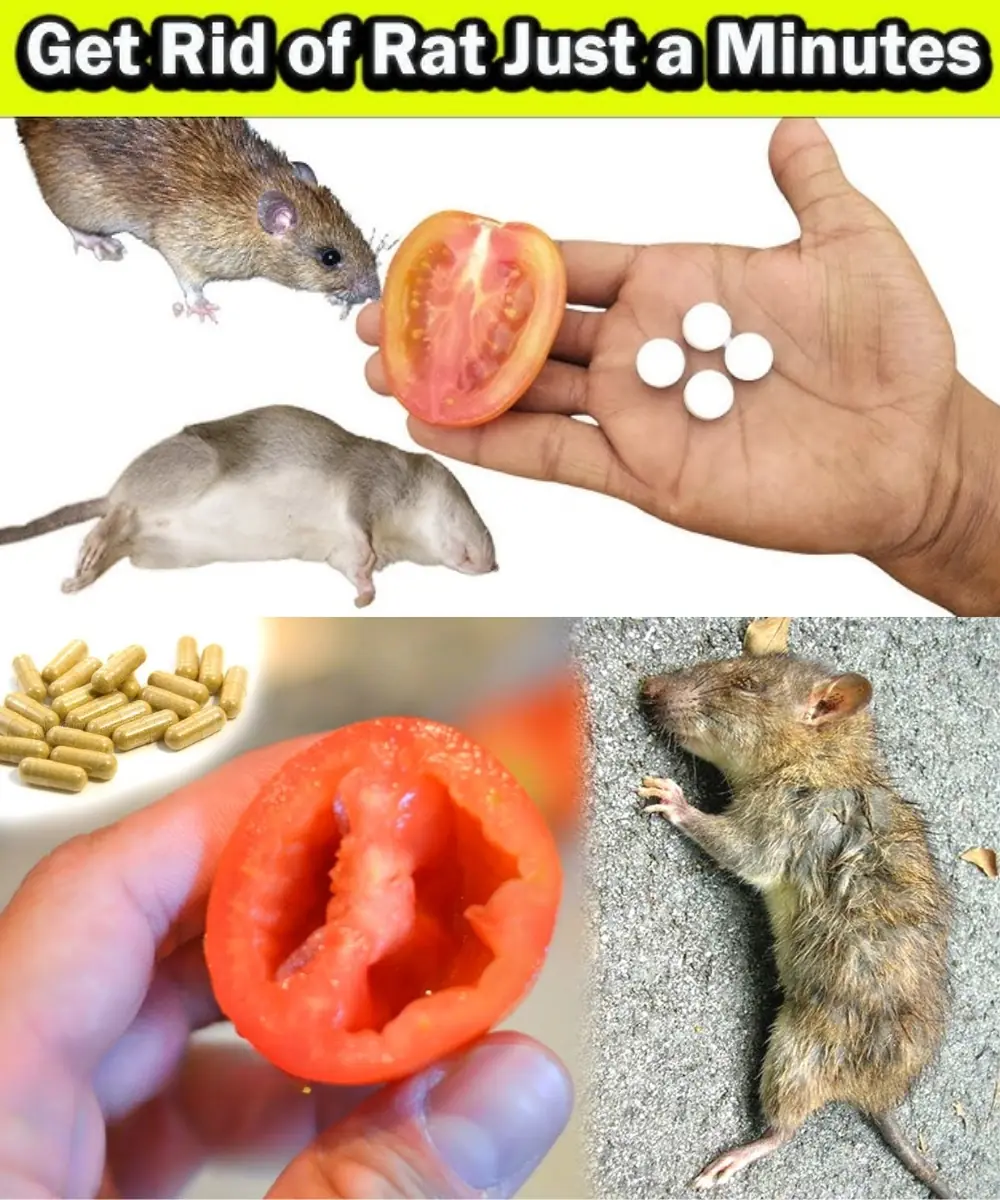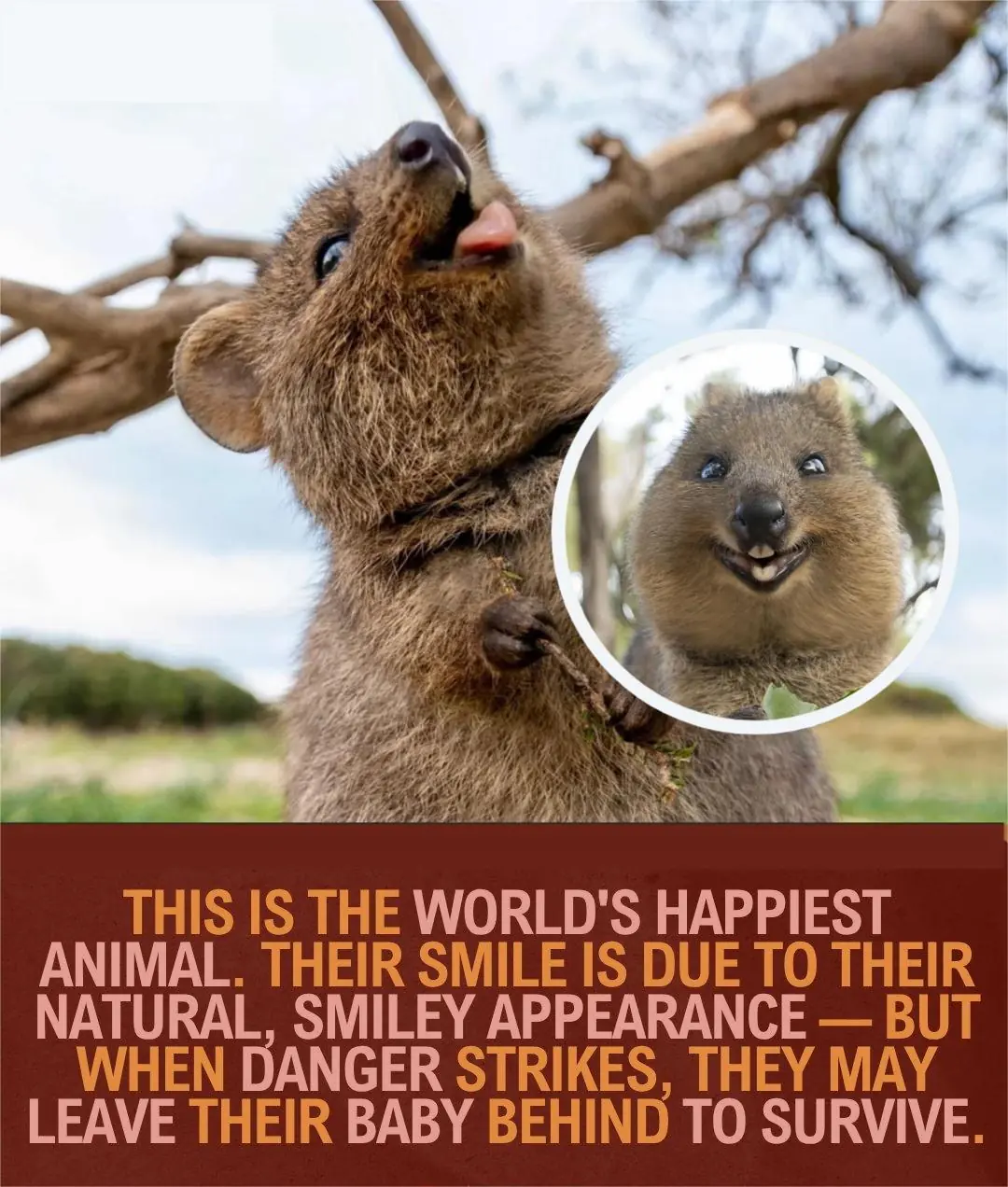
The Quokka: The World’s “Happiest” Animal with a Surprising Survival Strategy
The quokka (Setonix brachyurus), often referred to as the “happiest animal in the world,” has captured international attention due to its unique facial structure. With mouths that naturally curve upward, quokkas appear to smile, making them a favorite subject of wildlife photography and tourism in Western Australia, particularly on Rottnest Island.
These small marsupials belong to the macropod family, which includes kangaroos and wallabies. Adult quokkas are nocturnal herbivores, primarily feeding on grasses, leaves, and stems. By dispersing seeds through their diet, they contribute to the health of their ecosystem. Despite their charming image, quokkas are listed as a vulnerable species due to habitat destruction, predation by introduced species such as foxes and cats, and the impacts of climate change.
One of the most striking aspects of quokka behavior is their survival mechanism under threat. Female quokkas carry their young, known as joeys, in pouches. However, when confronted by predators, they may abandon their offspring by ejecting the joey. This startling adaptation distracts the predator and increases the mother’s chance of survival, allowing her the possibility of reproducing again in the future. While this behavior may seem harsh, it is a clear example of evolutionary pressure shaping survival strategies in vulnerable species.
The popularity of quokkas, driven by social media and the rise of “quokka selfies,” has brought both opportunities and challenges. On one hand, global fascination has raised awareness about the species, highlighting the importance of conservation efforts. On the other, increased tourism requires strict management to ensure that human interaction does not disturb the animals’ natural behavior or further endanger their habitat.
Understanding the quokka goes beyond their photogenic smile. They represent a delicate balance between charm and survival, vulnerability and resilience. Conservation initiatives that protect their ecosystems are essential not only to safeguard this species but also to preserve the biodiversity of the unique regions they inhabit.
News in the same category

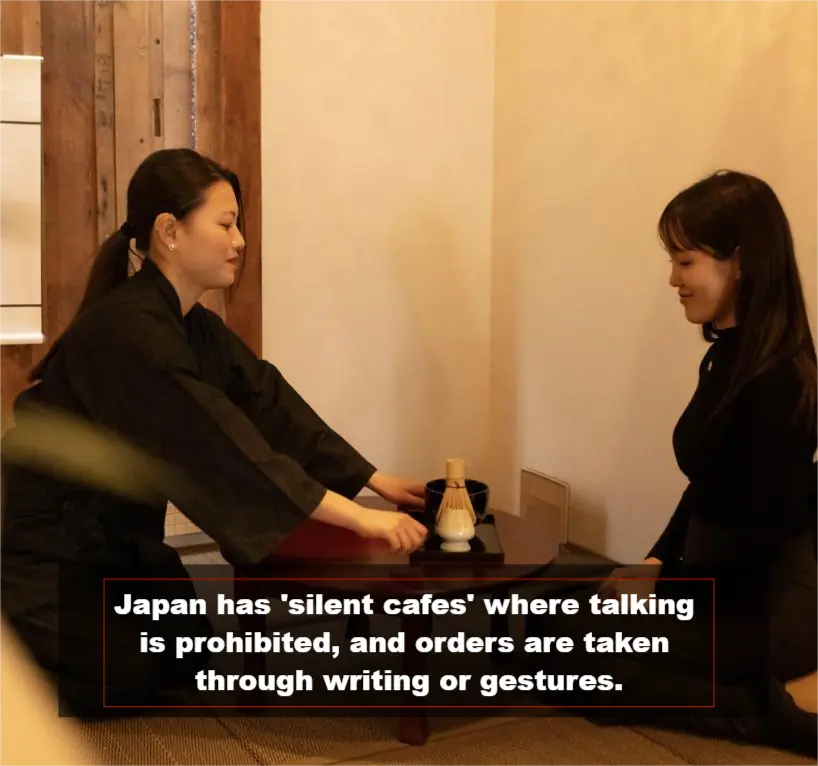
Japan’s New Silent Café: A Haven of Calm, Connection, and Inclusion

Half of Japanese Companies Report Having an “Old Man Who Does Nothing,” Survey Finds

The 14-Year-Old Innovator Who Built an AI App to Detect Heart Problems in Seconds

A Curious Tale from Edo Japan: The Servants Who “Took the Blame”

The Silent Cost of Cutting Down Urban Trees

The Buffalo and the Bridge: What a Viral “Huawei Interview Question” Reveals About Business Thinking

China’s Bone Glue “Bone-02” Promises Rapid Fracture Repair in Minutes: A Game-Changer in Orthopedics
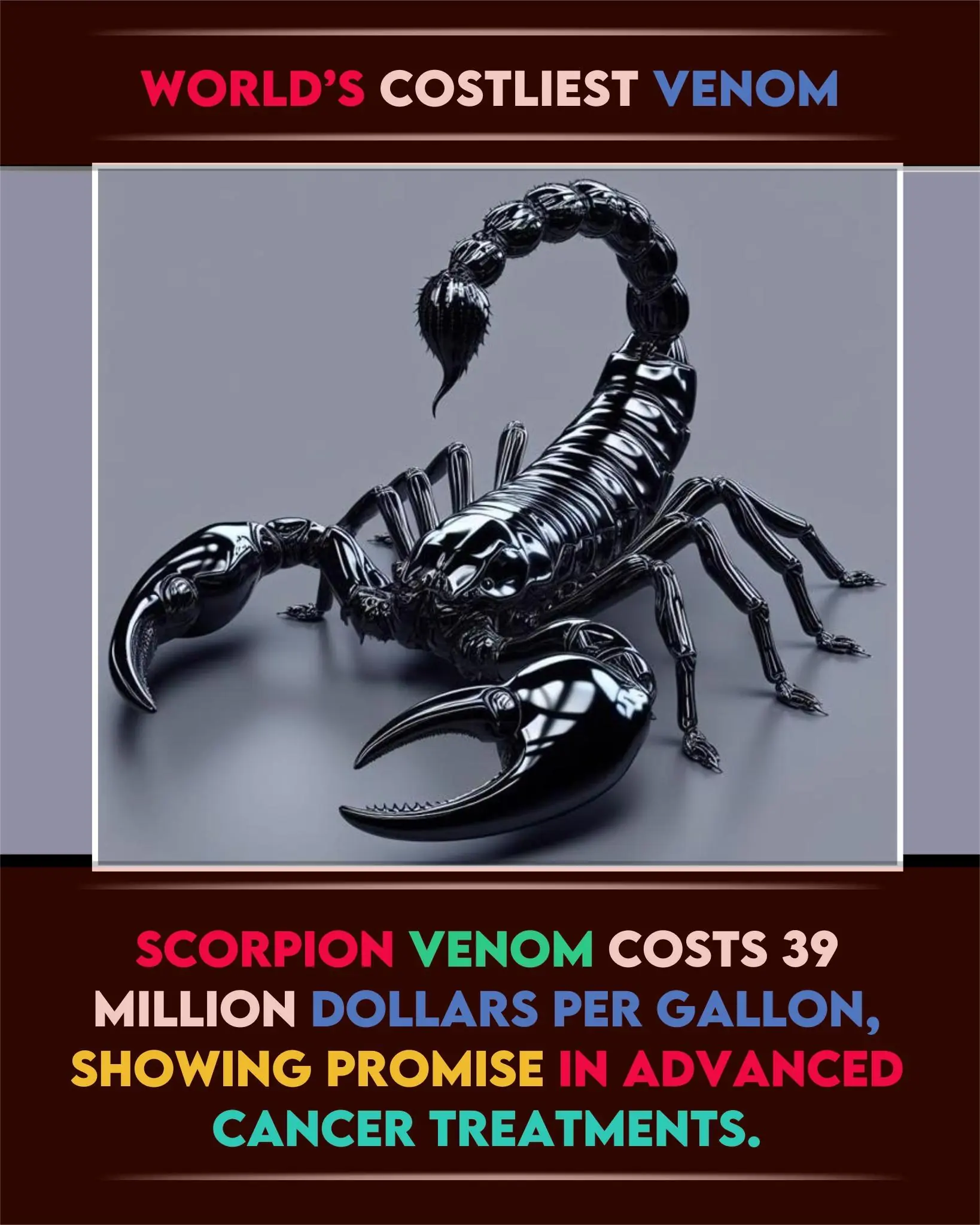
Scorpion Venom: The World’s Most Expensive Liquid and Its Promise in Medicine

Russia’s Vast Time Zone Divide: Where Day and Night Collide

Saudi Arabia Unveils Ambitious Qiddiya F1 Circuit with Towering 20-Storey First Corner

Bob the Golden Retriever: The Dog Who Found Family in Eight Birds and a Hamster
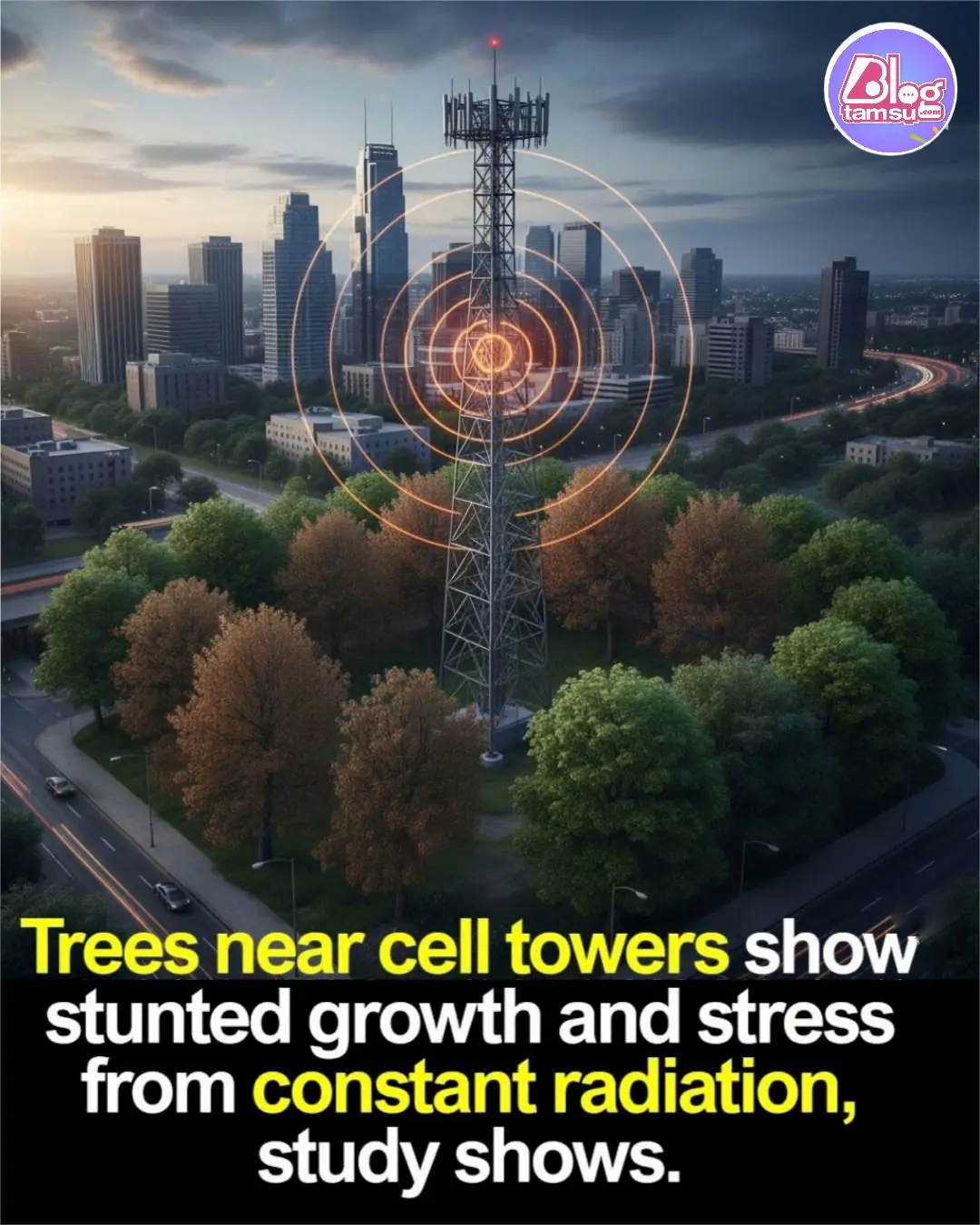
Are Cell Towers Harming Our Trees? The Hidden Cost of Wireless Technology

🍫 Chocolate Cream Layer Cake Recipe

First Direct Image of a Sun-Like Star Hosting Multiple Exoplanets Captured
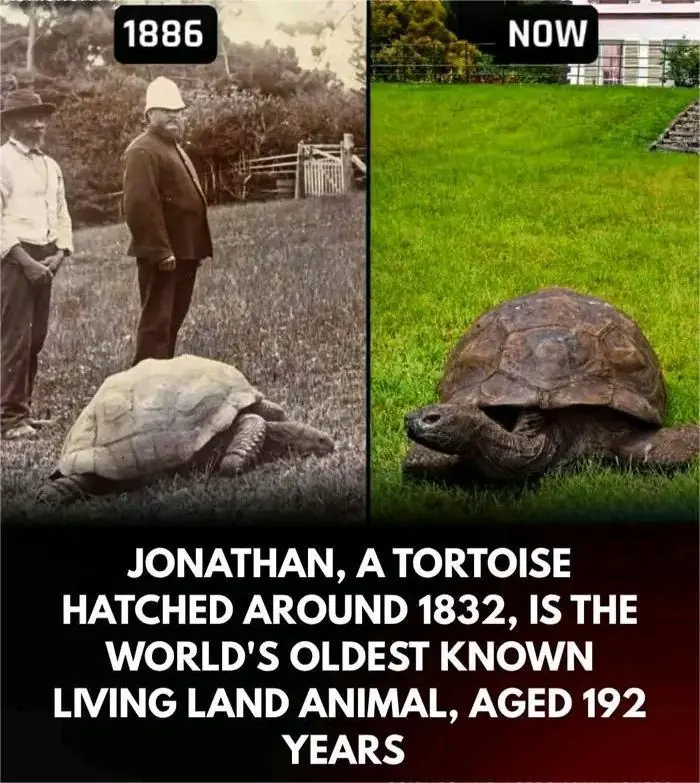
Jonathan the Tortoise: The World’s Oldest Living Land Animal

Elon Musk officially loses title as world’s richest person

Heart surgeon shares four daily habits to avoid for better health

Chilling messages Charlie Kirk’s alleged killer sent to friends following assassination
News Post

iPhone users are raging over new iOS update — claiming it drains batteries faster than ever

Doctor reveals the one thing you should avoid doing if you wake up during the night

Claim: a juice regimen reportedly cleared can:cer cells in 42 days

Festive Chocolate & Coffee Layer Cake

Winter Wonderland Blueberry & White Chocolate Cake

Mini Chocolate Drip Cakes

Festive Chocolate Layer Cake with Ganache & Berries

Japan’s New Silent Café: A Haven of Calm, Connection, and Inclusion

Top 3 Ways to Treat Tooth Decay with Guava Leaves – Simple and Cost-Effective

8 Signs That Your Body Is Crying for Help

Lonely baby raccoon waits on porch after storm

The Surprising Love Call of the World’s Slowest Mammal

Transform Your Health in Just Days: The Unbelievable Benefits of Drinking Clove Water Daily

Foods to Rebuild Knee Cartilage: This Is What You Should Eat!

NEVER Eat Garlic With These 8 Foods—It Can Be DEADLY!
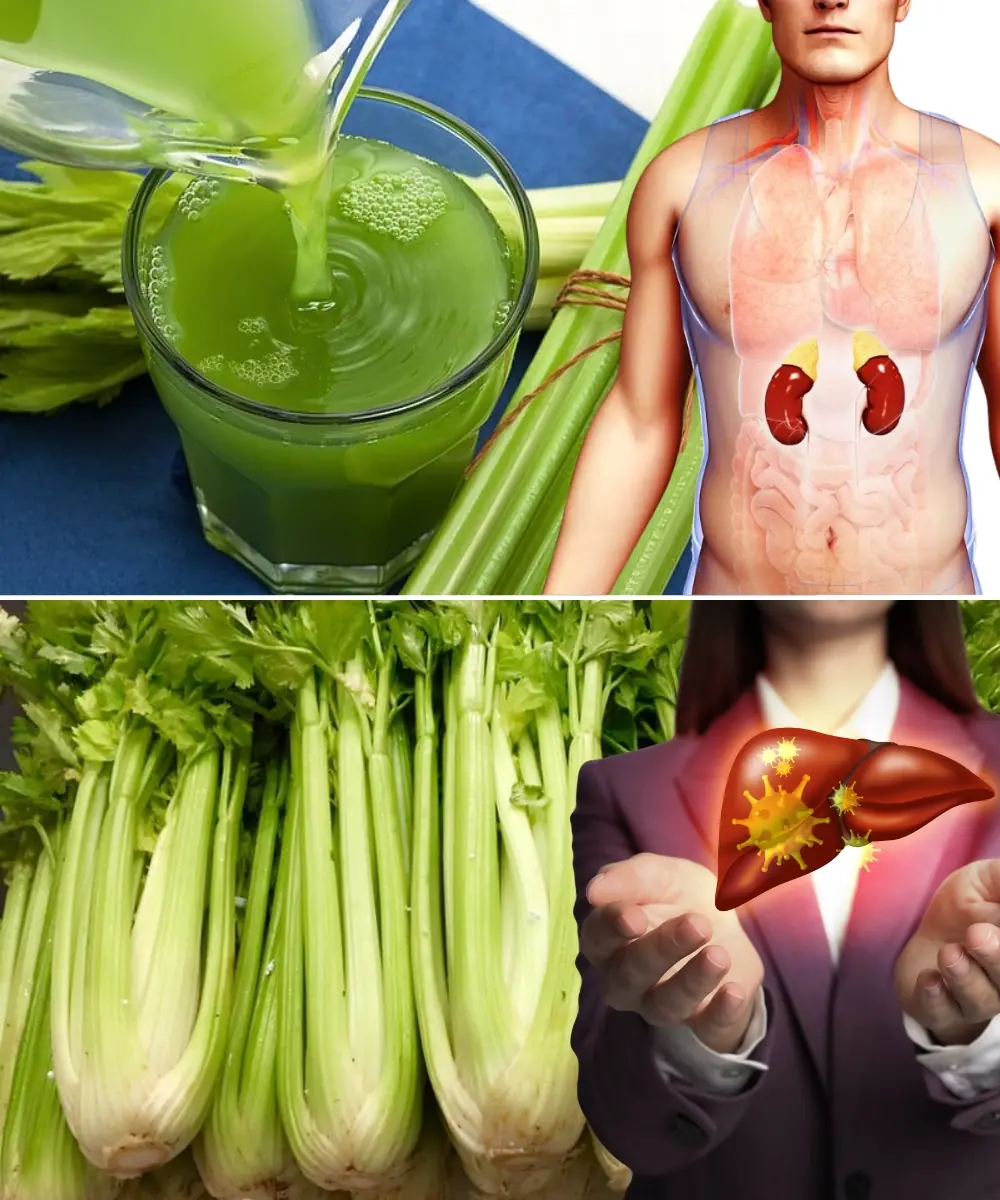
Celery for the Kidneys and Liver: The Natural Cleanser Your Body Will Thank You For
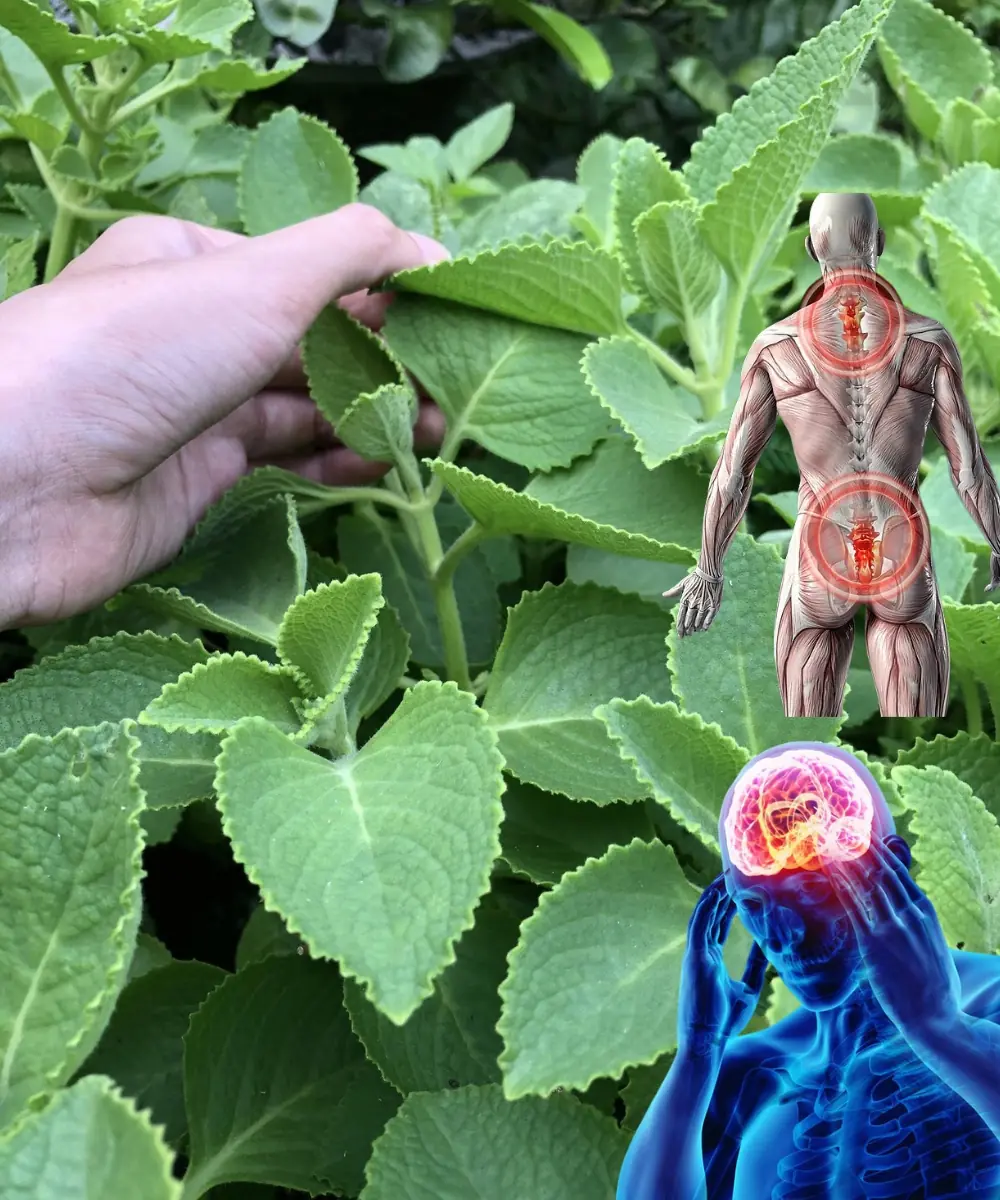
21 Reasons Why Every Home Should Grow a Mexican Mint (Indian Borage) Plant

23 Warning Signs Your Kidneys Are Crying for Help
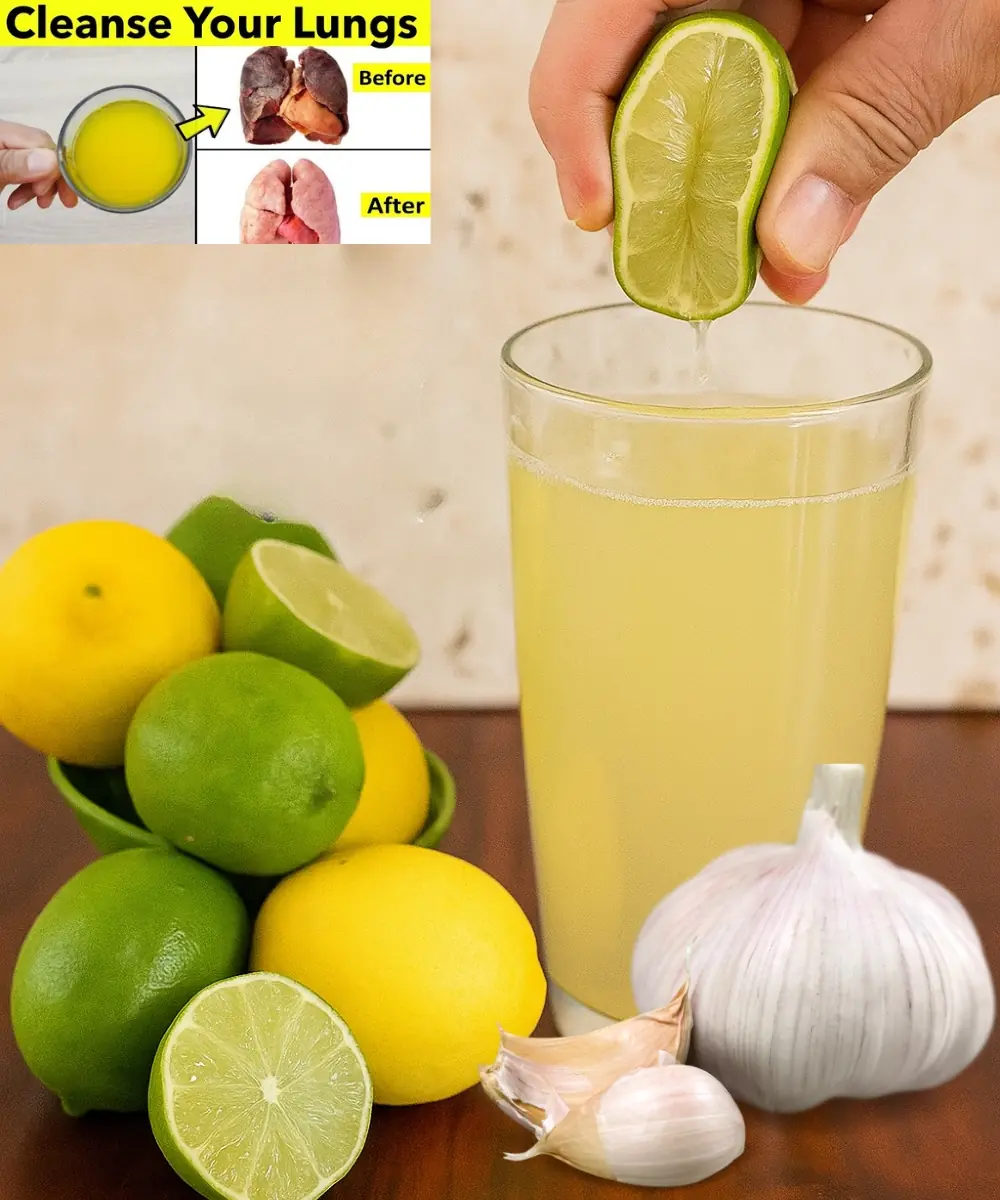
How to Make a Natural Remedy for Mucus and Chest Congestion: A Simple DIY Solution
